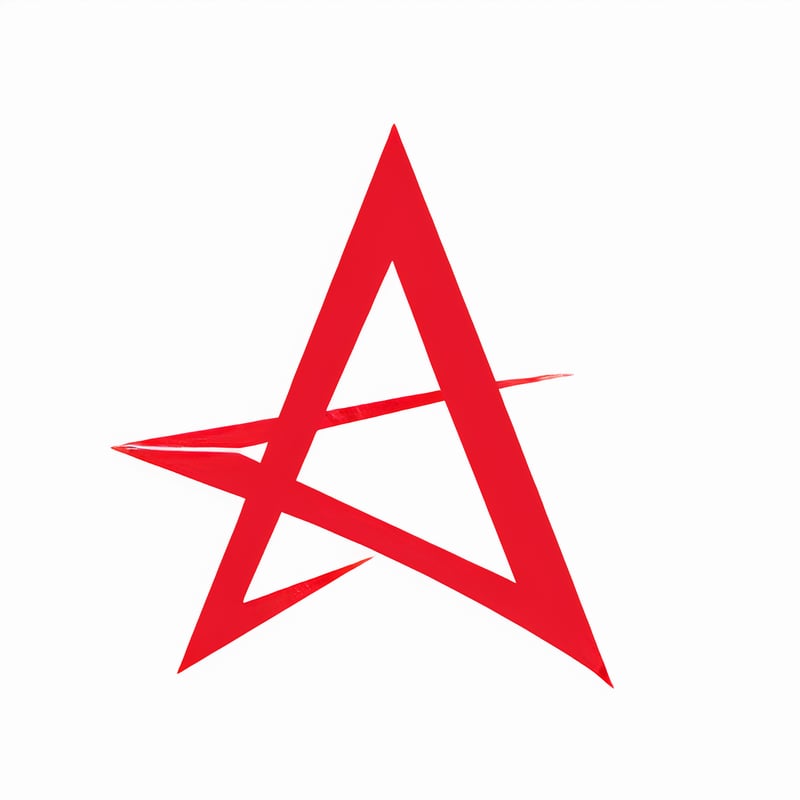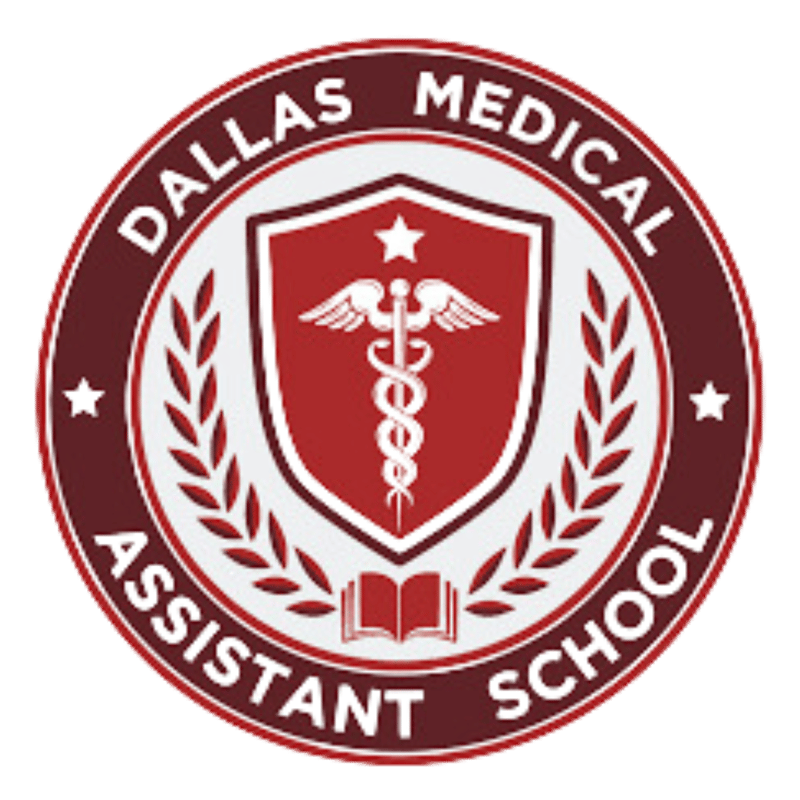
Financial aid (may be available)

Financial aid (may be available)

Financial aid (may be available)

Financial aid (may be available)

Financial aid (may be available)

Financial aid (may be available)

$1,950 to start
$3,490 total

Financial aid (may be available)
$23,297 total
$4,299 total
$16 total
No cost info
$1,597 total
$649 total
$600 total
No cost info
$1,597 total
$1,949 total
Are you interested in pursuing a career in the field of nutrition? Applied nutrition classes can provide you with the knowledge and skills you need to excel in this industry. Whether you are a recent high school graduate or a working professional looking to make a career change, vocational training in applied nutrition can be a great option for you.
In this blog post, we will explore what applied nutrition is, the training requirements, what to look for in a class, what to expect from the day-to-day class, the certification process, how to find related jobs, and other classes you can take after becoming an applied nutritionist.
Applied nutrition is the practical application of nutrition science in order to promote optimal health and prevent or treat various diseases. Applied nutritionists work with individuals, communities, and organizations to develop and implement nutrition plans that meet specific dietary needs and goals.

Applied nutrition goes beyond basic nutrition knowledge and focuses on the practical aspects of applying this knowledge to real-life situations. It involves understanding the relationship between food, health, and disease, as well as the impact of different nutrients on the body.
To become an applied nutritionist, you will need to complete a vocational training program in applied nutrition. These programs are typically offered by vocational schools, community colleges, and online platforms like Dreambound. The duration of the program can vary, but it usually takes around 6-12 months to complete.
When choosing a class in applied nutrition, there are several factors you should consider:
Accreditation: Make sure the program you choose is accredited by a recognized accrediting body. This ensures that the program meets certain quality standards and will be recognized by employers.
Curriculum: Review the curriculum to ensure that it covers all the necessary topics and skills you need to become a successful applied nutritionist. Look for classes that offer a comprehensive curriculum that includes courses on nutrition science, food safety, dietary analysis, and counseling techniques.
Practical Experience: Look for programs that offer hands-on training or internships. Practical experience is essential for gaining the skills and confidence needed to work in this field.
Flexibility: Consider the flexibility of the class schedule. If you are currently working or have other commitments, you may need a program that offers evening or weekend classes.
In an applied nutrition class, you can expect to learn about a wide range of topics related to nutrition and health. Some of the subjects that may be covered include:
Classes may be a combination of lectures, group discussions, and hands-on activities. You may also have the opportunity to work on real-life case studies and projects to apply your knowledge in practical settings.
After completing a vocational training program in applied nutrition, you may choose to pursue certification to enhance your credentials and job prospects. The Certification Board for Nutrition Specialists (CBNS) offers the Certified Nutrition Specialist (CNS) credential, which is recognized and respected in the field.
To become a Certified Nutrition Specialist, you will need to meet certain education and experience requirements and pass an exam. The exam covers topics such as nutrition assessment, planning and implementing nutrition interventions, monitoring and evaluating outcomes, and professional ethics.
With a certification in applied nutrition, you will have a wide range of career opportunities available to you. Some of the job titles you may pursue include:
To find related jobs in the Dallas/Fort Worth area, you can utilize online job boards, networking events, and career fairs. Additionally, Dreambound can be a valuable resource for finding job opportunities in this field.
Once you have established yourself as an applied nutritionist, you may choose to further expand your skill set by taking additional classes. Some other classes that can complement your applied nutrition training include:
If you are passionate about nutrition and helping others lead healthier lives, pursuing a career in applied nutrition may be the perfect choice for you. With the right vocational training and certification, you can embark on a rewarding career in this field.
Remember, Dreambound is the largest platform for students to find vocational training programs, such as applied nutrition. Visit Dreambound to explore the various options available to you and start your journey towards a fulfilling career in applied nutrition.
If you're exploring options in this field in various locations, Dreambound's extensive guides are a great resource. We've got detailed insights for numerous cities. check out some additional guides below:
Thinking about a potential career transition? Dreambound offers detailed guides to help you with making an informed decision. Dive in below:
Dreambound's platform allows prospective students to find the right educational program for them through searching, filtering, and connecting with our extensive selection of career & technical education partners.
Dreambound has over 70 programs across healthcare, technology, business, and industrial trades. This includes programs such as Medical Billing, Cybersecurity, and welding.
Some of our schools offer financial aid for those who qualify. Many others offer payment plans, where you can pay the cost of class over time.
Yes, Dreambound offers many online programs. On Dreambound's search, you can filter by online, in-person, and hybrid (part online, part in-person).
Dreambound is completely free for you to use! We are supported by schools and organizations who pay to advertise on our website, so we can offer all of our career resources for free.